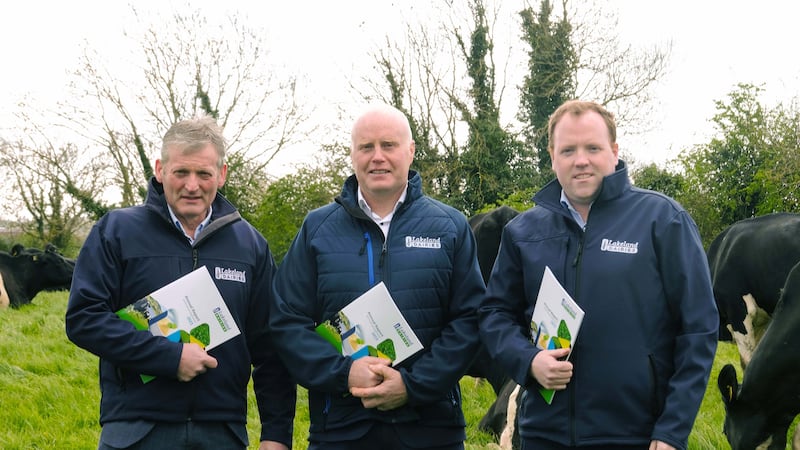WHAT is financial planning and what needs are we really meeting?
For all our self-importance, we’ve been on this earth for a tiny, tiny fraction of its existence. From our development as homo sapiens over the last 200,000 years, one characteristic is more evident in us than other species. Emotion.
I’m writing this on World Kindness Day, but have held it for a week as there were other matters more pressing to deal with last week.
There is a great study on our nine emotional needs by the ‘Human Givens’. You should read it. At the heart of it is the answer to many financial issues that affect our overall happiness and wellbeing, leading to control of debt and spending and an understanding of where we really are financially.
The assertion from the psychologists behind this is that if our nine emotional needs are being met, we don’t suffer stress, anxiety or the other powerful negative emotions. If just one need isn’t being met however, we can struggle, and that affects us in many, many ways.
The key to it is that if the needs aren’t being met in healthy ways, we try to meet them in unhealthy ways: alcohol, drugs, eating binges, shopping comforts, spending comforts, our appearance, new car, bigger house, heightened sense of status requirements (clothing labels and car brands etc). You get the drift.
These are often compensations for holes elsewhere. ‘When I have the new car, it will be fine. When I have that new coat, the 30th pair of shoes…’
In 34 years of financial planning, much effort and focus is spent on the tekkie parts of financial planning and not the drivers and root causes or real needs of society. If we focus on the drivers and real needs, many of the problems are solved.
Which is more important? Efficiency with money or more money? In much the same way as we wouldn’t just turn up the heating to warm up when the windows are open, we wouldn’t just ‘earn more’. We would close the windows.
The starting point is to close down poor spending habits and this can best be plugged with understanding the difference between wants and needs. In a shop a few years back two girls were telling their mother they ‘needed’ a necklace. The shop owner sighed and quietly said “the only time you needed anything in your 16 years was the loo”. Wants and needs.
As we come up to the big spend, keep the above in mind. The temporary ‘wooohooo’ we have is a dopamine rush. Dopamine gives us that lovely warm fuzzy feeling. Amazingly there is a larger rush for the anticipation of any purchase and so buying online and awaiting two to three days, feels way better as we open the post parcel and rush off like a dog with a biscuit to engulf ourselves.
There are sufficient studies to show that the dopamine release is higher in anticipation of the reward or event, than the actual event itself. Dopamine is addictive and so we can see where the term ‘shopaholic’ comes from. Everyone loves a warm fuzzy feeling – a hug.
Money provides that, but temporarily, and that’s what often drives the post purchased dissonance – that feeling of disappointment and regret that follows the high of the dopamine and the realisation that you have compensated for something else, and don’t really need it.
There are also sufficient studies completed on dopamine which show that levels are greatly enhanced when the potential of getting the reward is reduced. You’ll have seen this everywhere, but now know the reason: ‘Last two flights at this price’- ‘Final reductions’ - ‘sale ends’ - ‘last orders’. They know all the tricks.
Better to have purchases and experiences that last and mean something. Last week I was honoured to be listed as one of the '50 Leading Lights in the UK for Leadership and Kindness’. Around me, the other award winners exuded stories of actions and kindness that changed their business families and society. It was a pleasure and privilege to be around them but showed the importance of sustainable, lasting ‘presents’, some of which are just time and attention.
If you have five minutes, as a present to yourself and others, talk through the page which describes the above and will help those around you develop great habits. Google ‘what are the Human Givens’ and you will see the emotional needs that, when met, can make a colossal difference to your ‘open windows’.
:: Peter McGahan is chief executive of independent financial adviser Worldwide Financial Planning, which is authorised and regulated by the Financial Conduct Authority. If you have a financial query get in touch by emailing info@wwfp.net or by calling Darren McKeever on 028 6863 2692.








